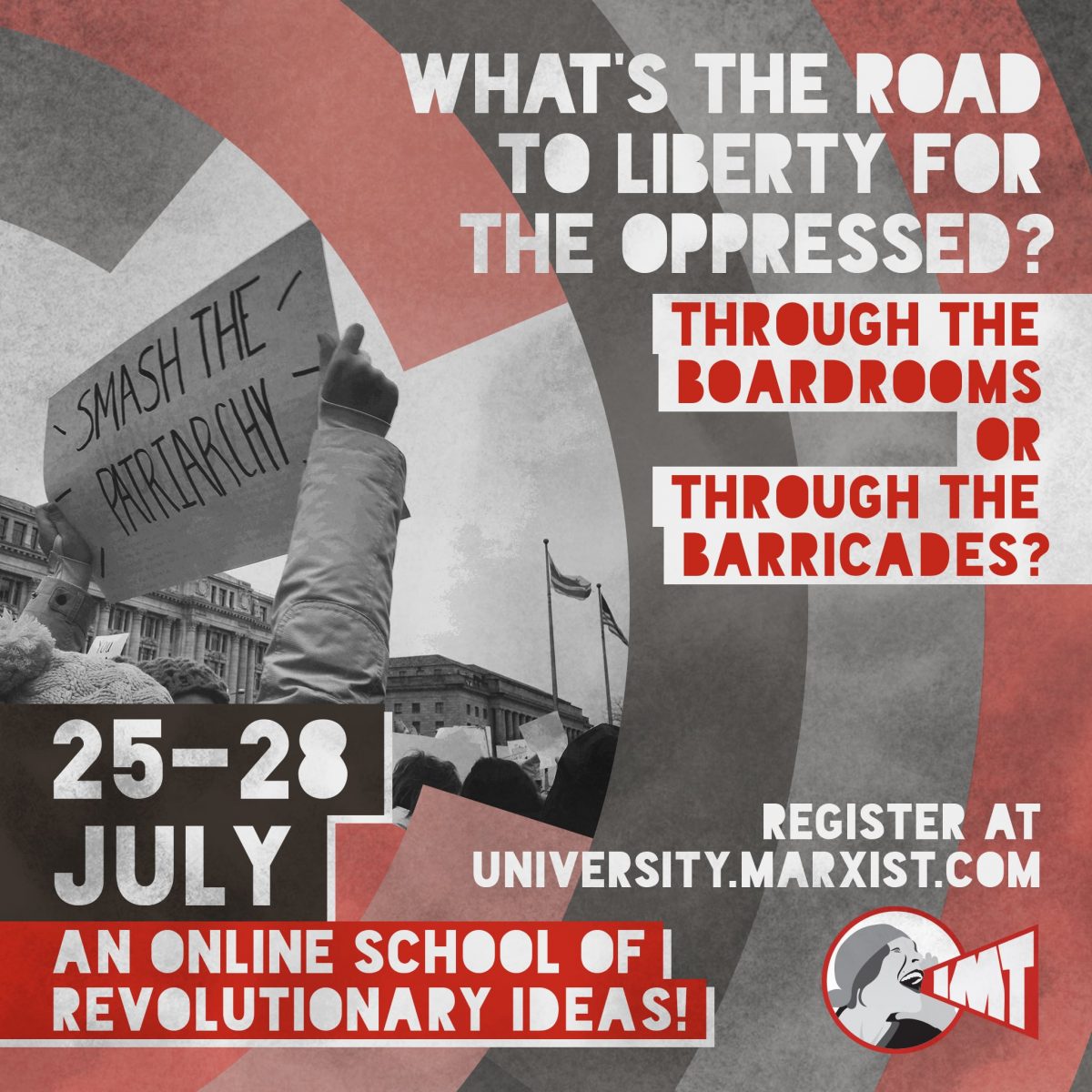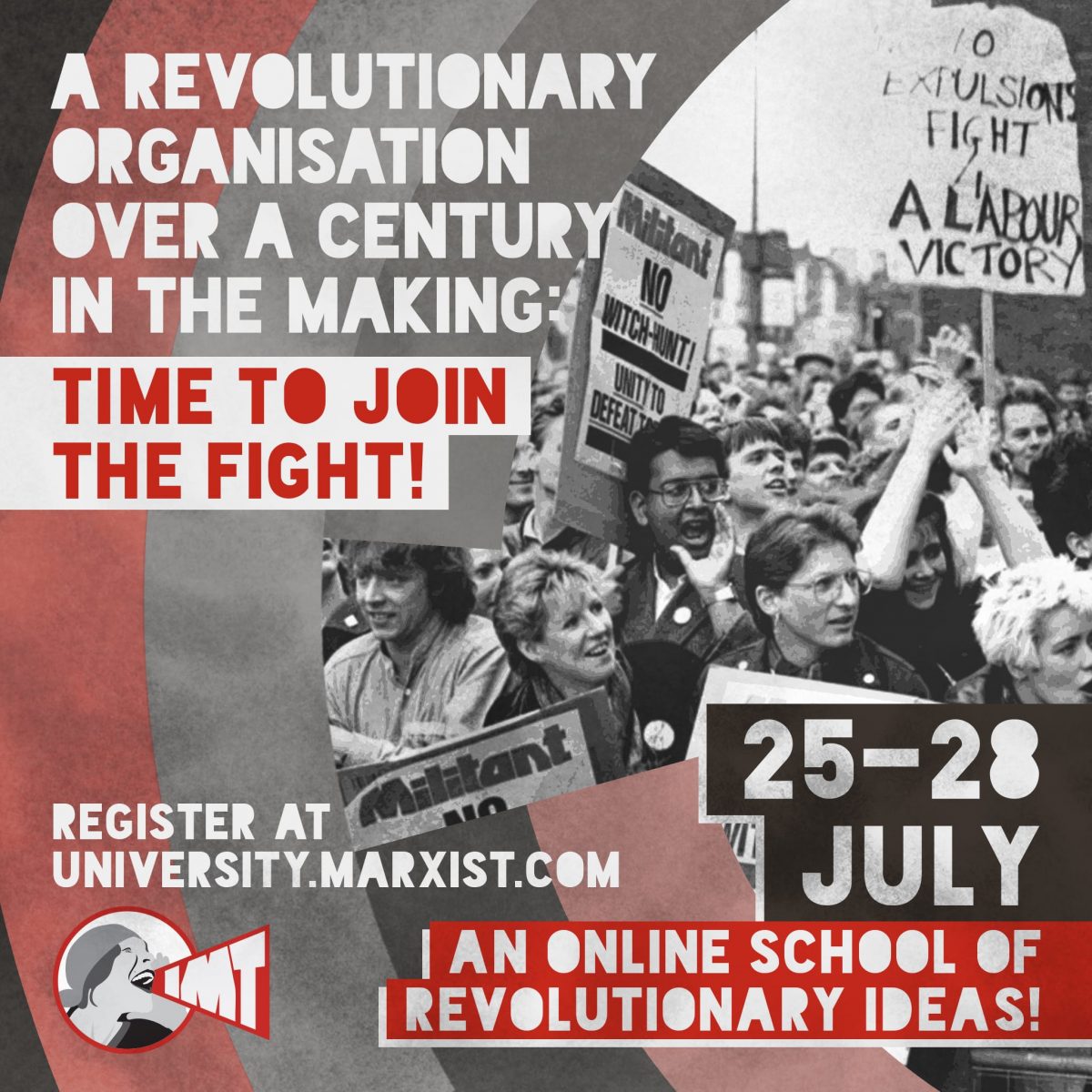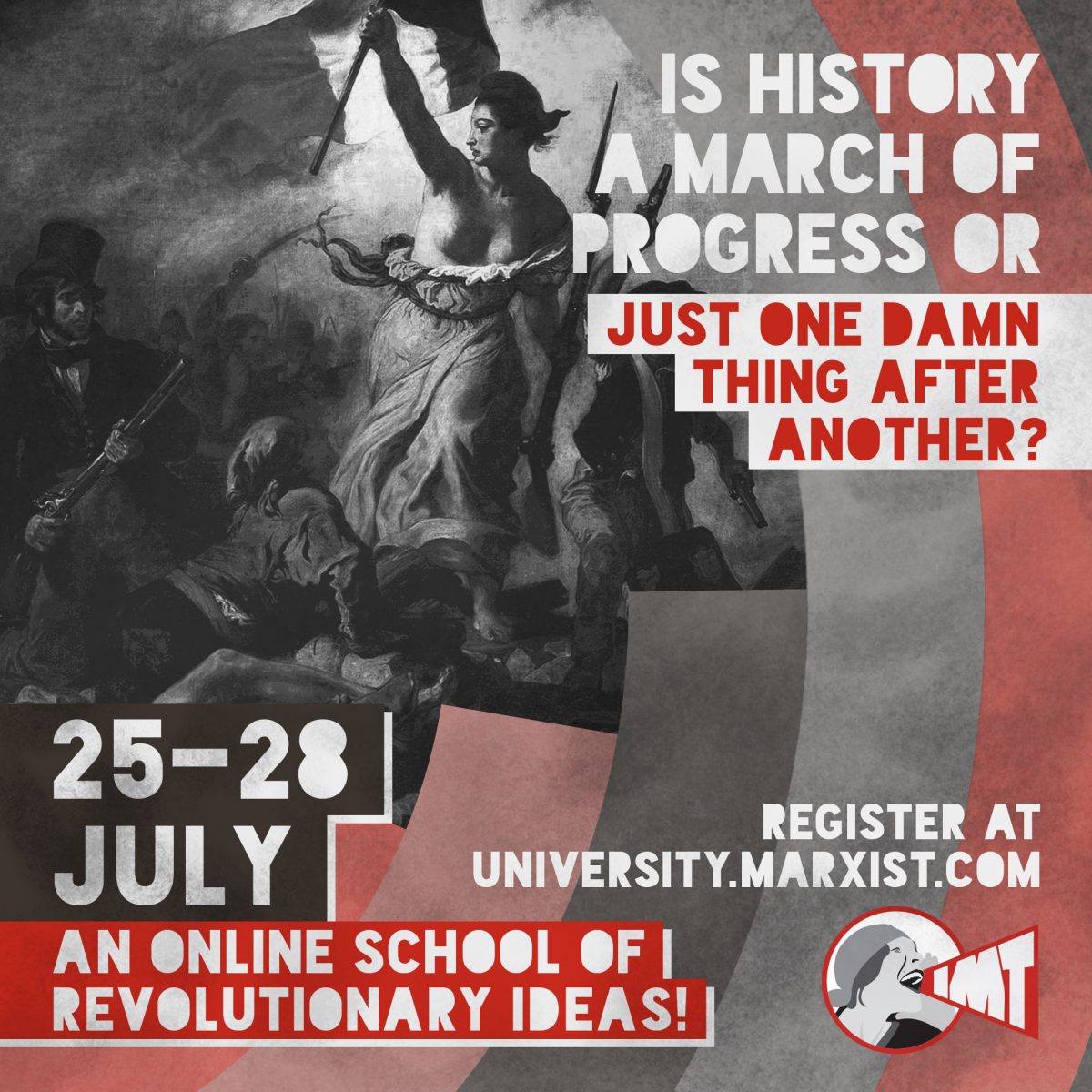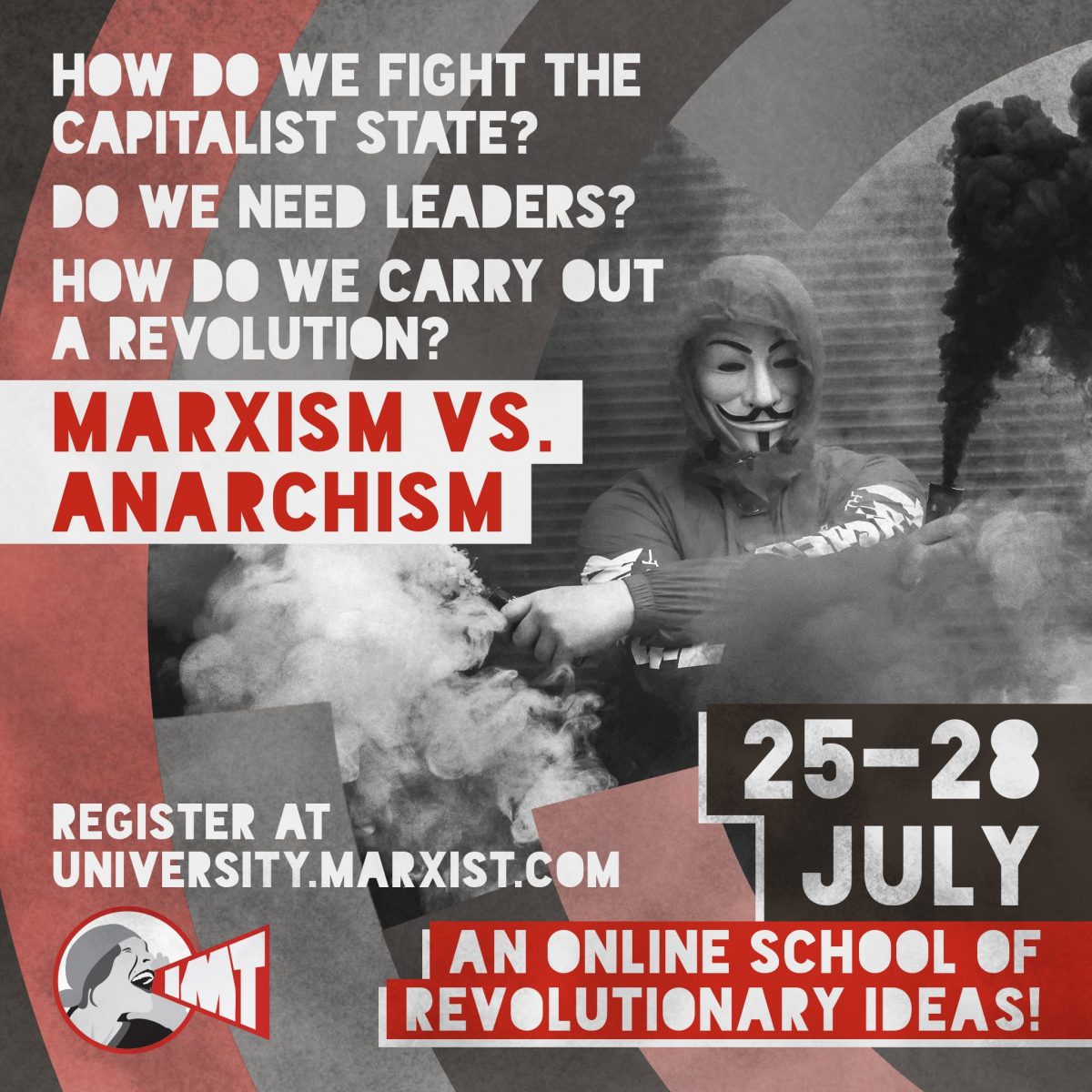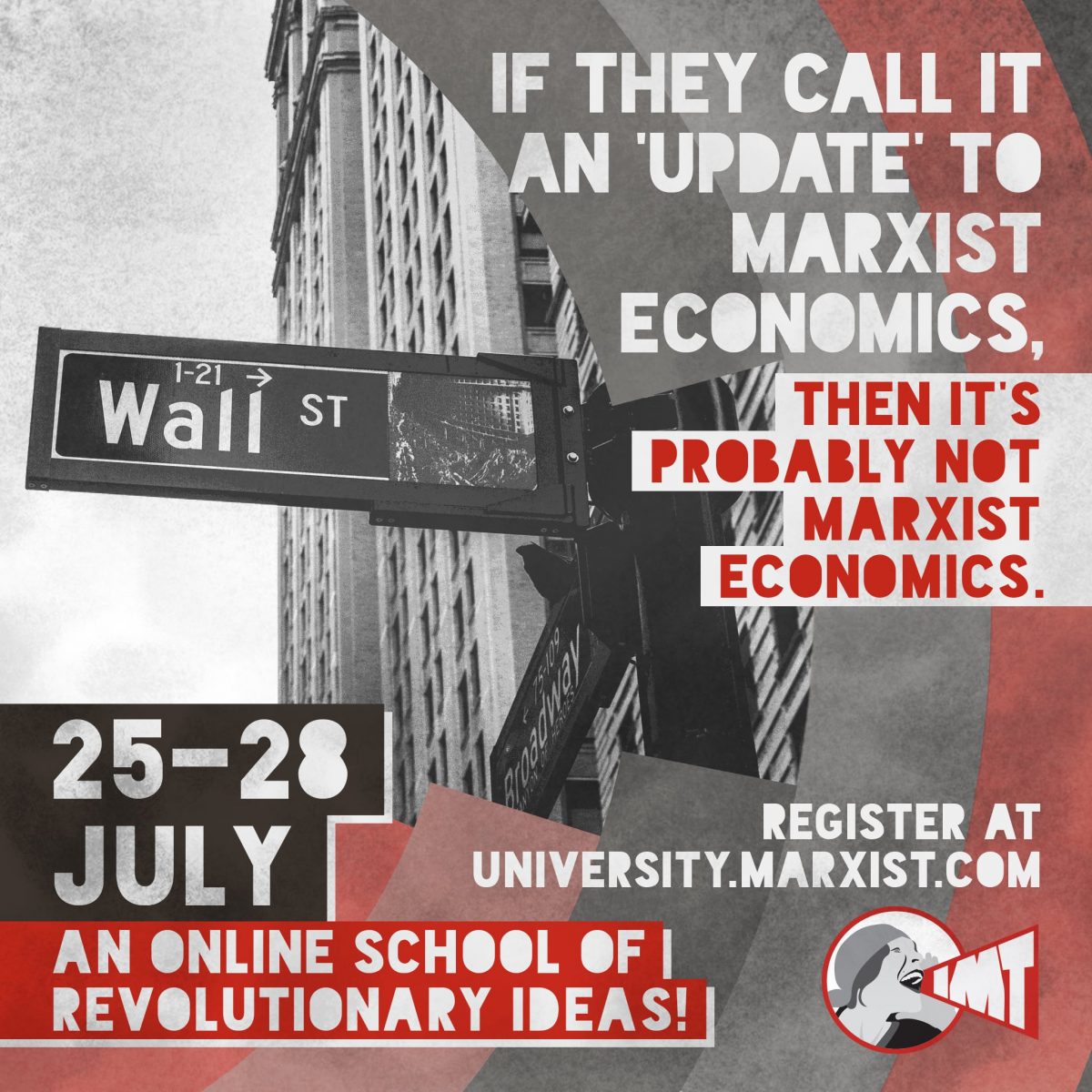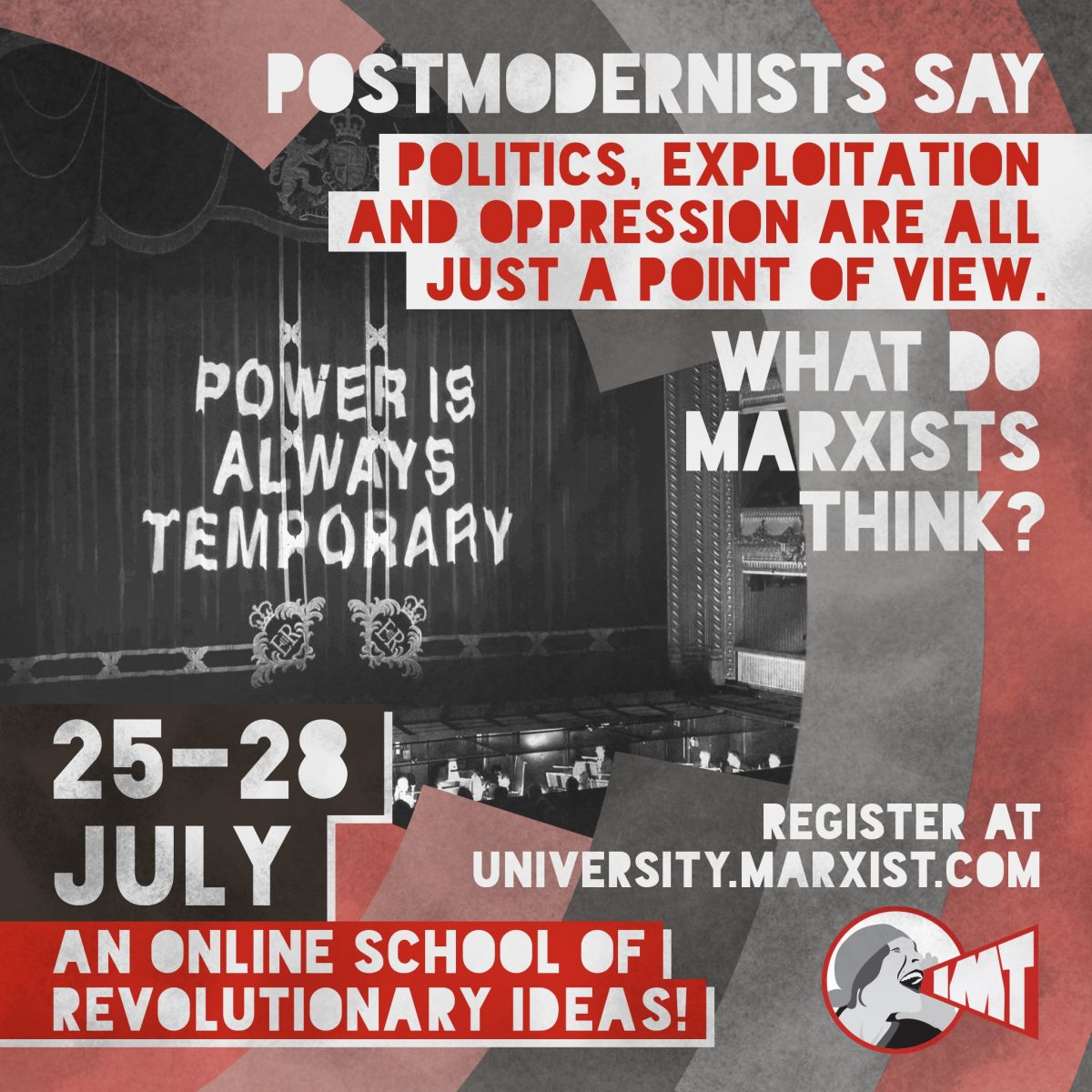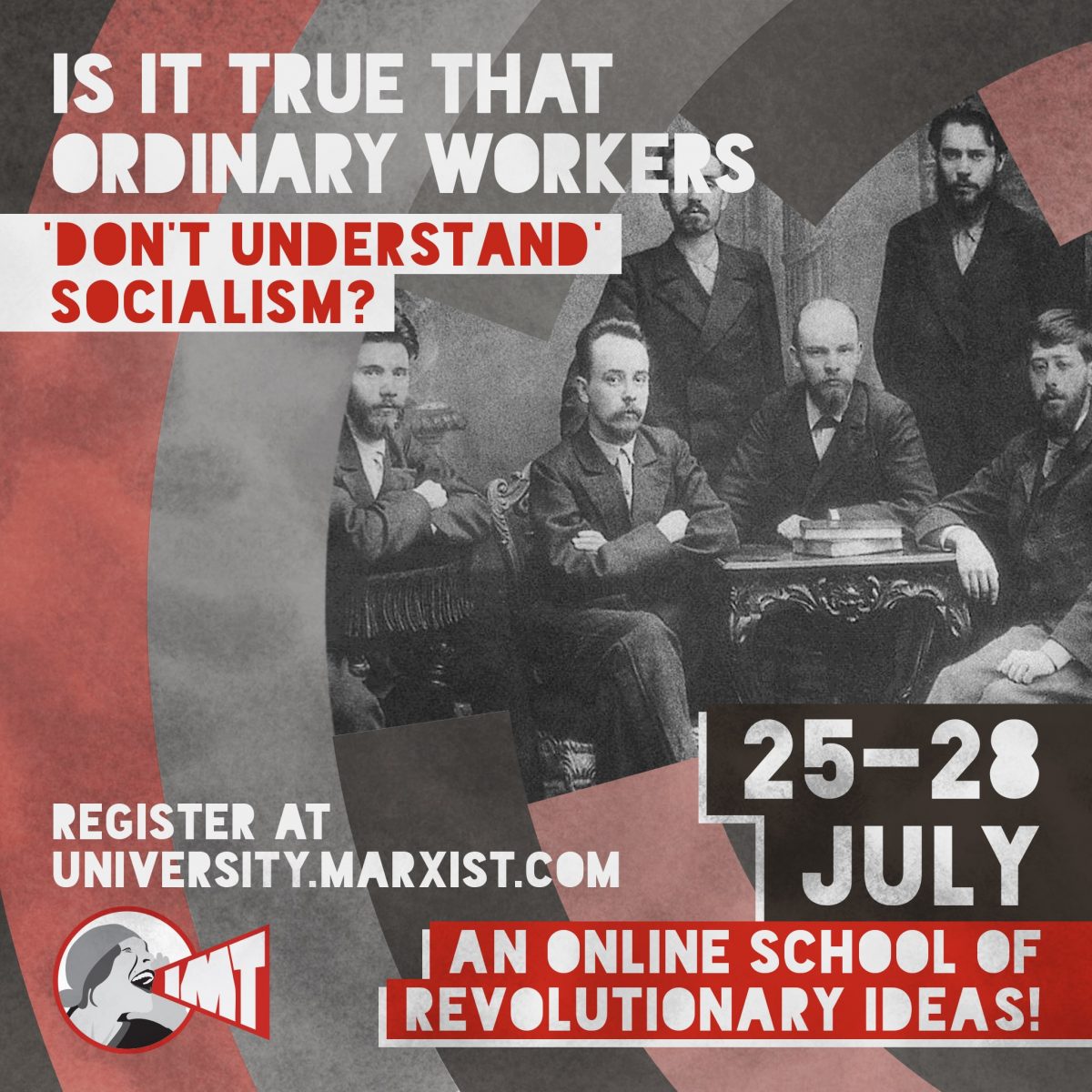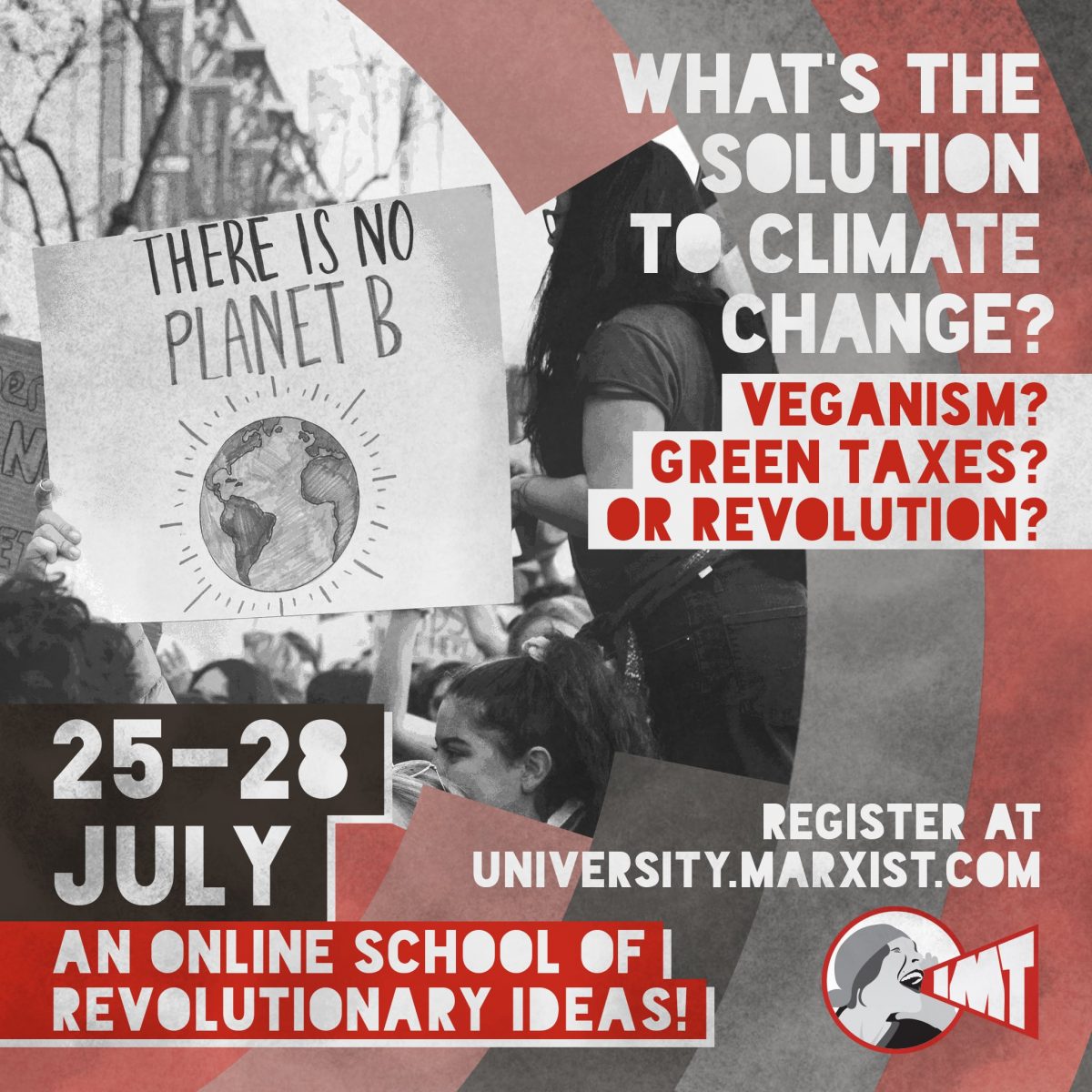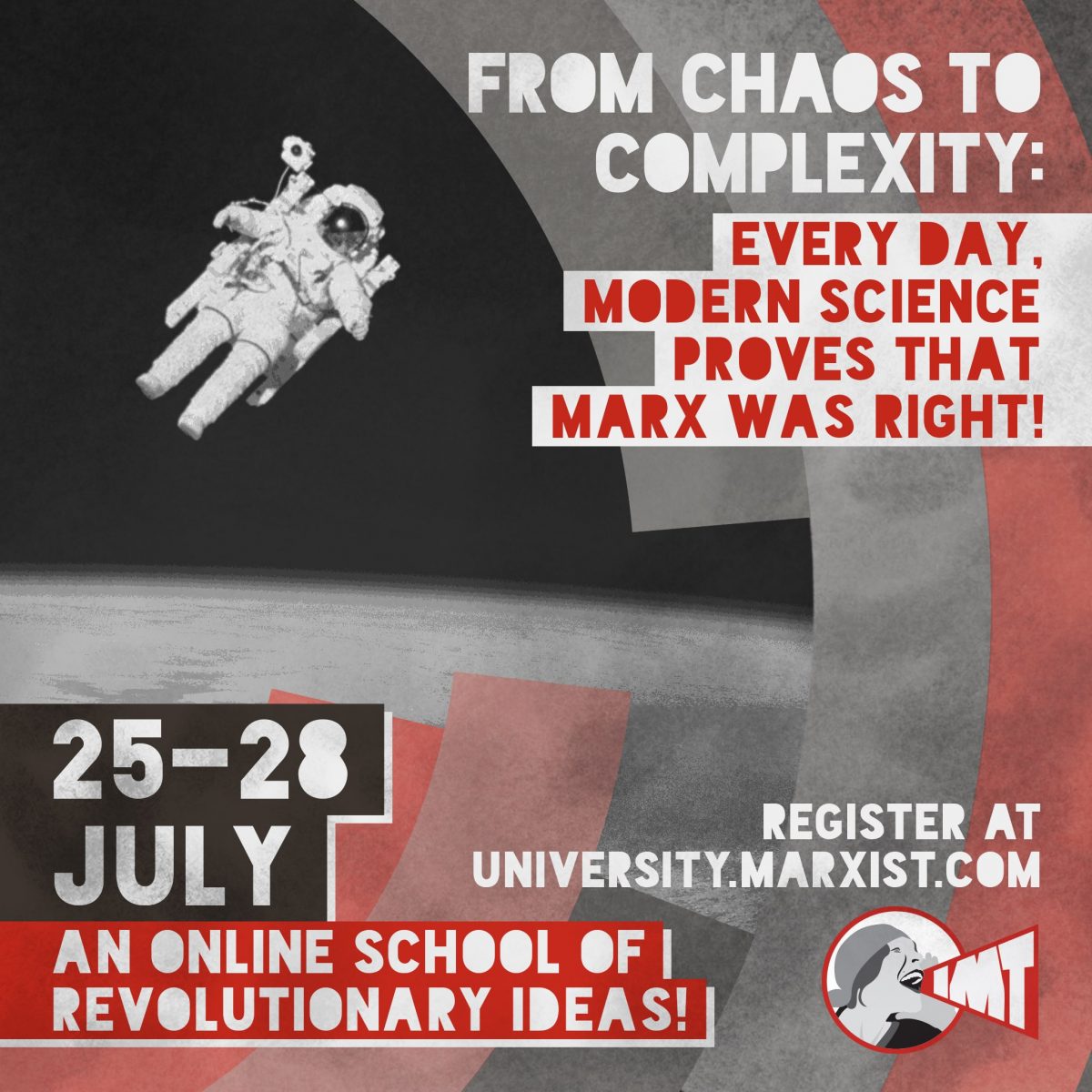Marxists are often accused of ‘Eurocentrism’ and ‘class reductionism’ (particularly in academic circles) when we argue for the struggle of workers of all races and nations against capitalism. It is said our emphasis on international working-class solidarity ignores the experience of people from the former colonial world, who must ‘decolonise’ their minds of Western-imposed ideas (Marxism included), and fight their own battles for liberation. But what is the best way forward for oppressed peoples throughout the world? This talk will explore these debates from a Marxist perspective. Our speaker, Hamid Alizadeh, is a leading activist of the International Marxist Tendency.
Podcast: Play in new window | Download
